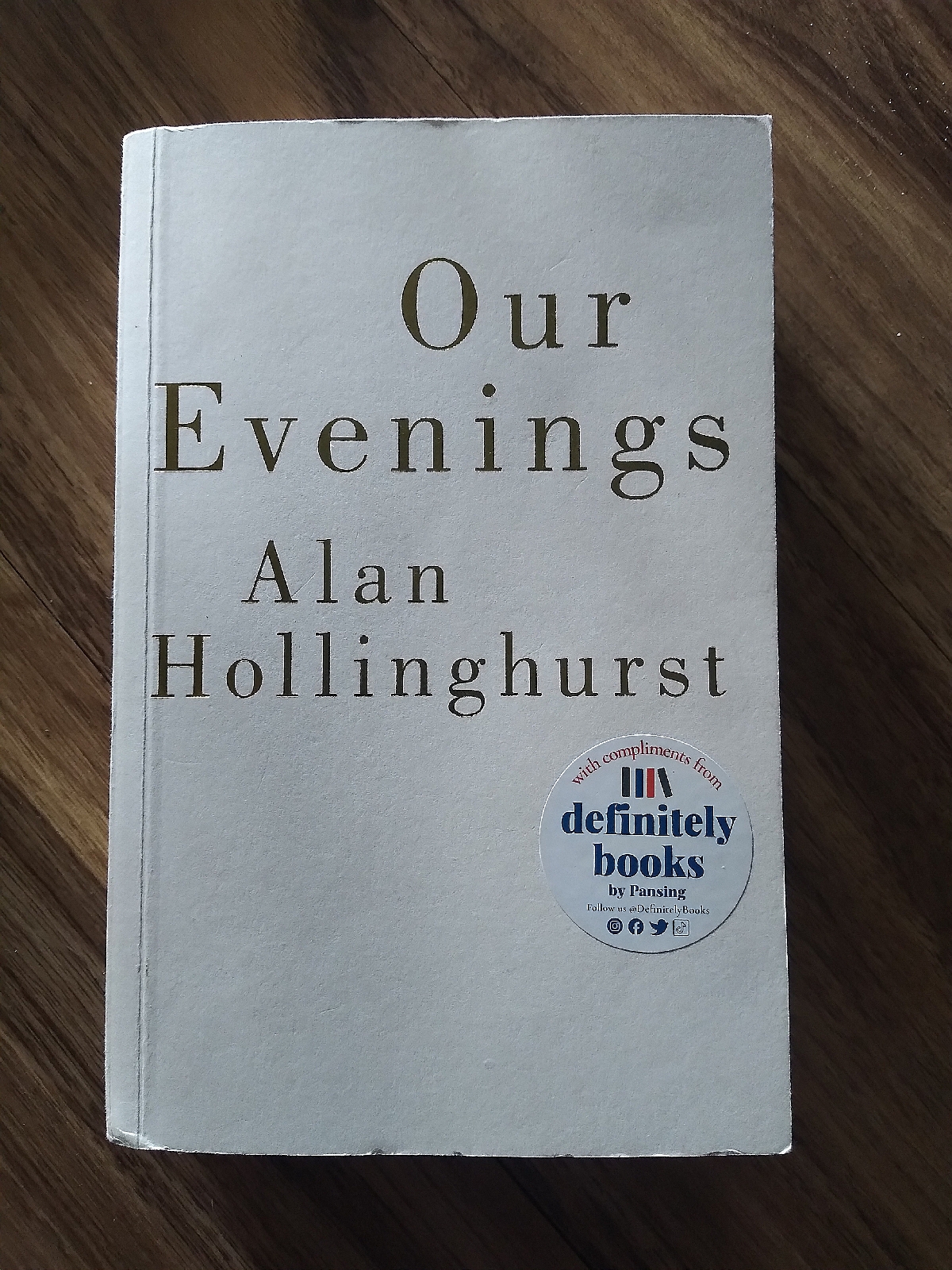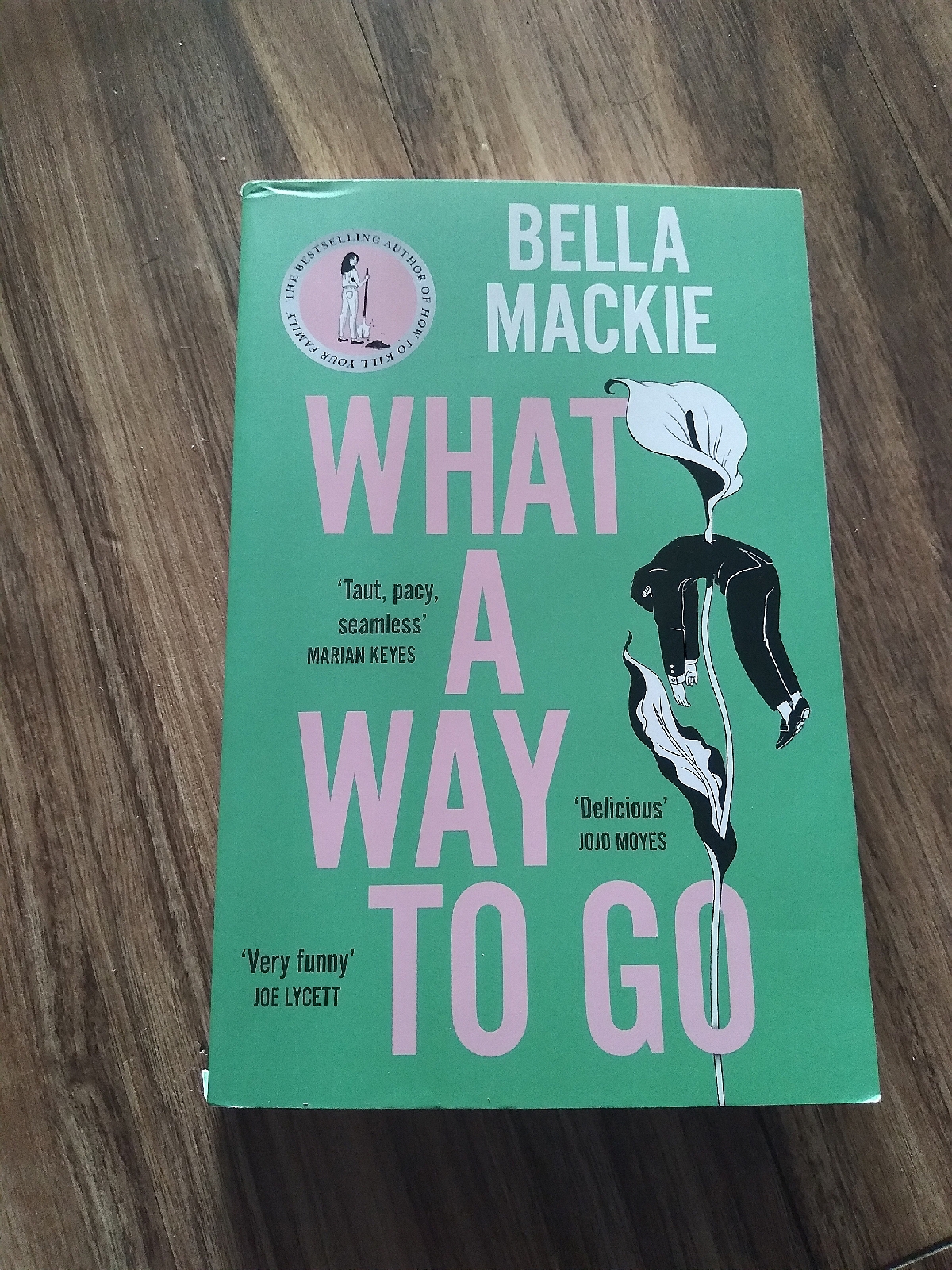David Win’s memoir is a powerful story about identity, resilience, and the relationships that shaped his life. Born to a half-Burmese and an unknown father, David grew up surrounded by the mystery of Burma, a topic his mother rarely spoke about. As a dressmaker, she earned very little, but David’s education was made possible by Mark Hadlow, a kind businessman and philanthropist who became a father figure to him. David’s friendship with Mark’s son, Giles, adds another layer to the story, creating moments of tension and reflection.
The memoir also reveals David’s discovery of his mother’s sexuality, which makes him question his ideas of family and identity even more. Themes of race and sexuality are central, showing how David faced discrimination and ridicule because of who he was. These experiences deeply shaped his ideas about love, freedom, and self-worth.
While some characters feel a bit predictable and the story seems written for a general audience, the memoir’s real strength is in its exploration of minority struggles. It challenges common storytelling styles and highlights the realities of living with multiple identities. Even though the plot is not very strong, the memoir’s emotional honesty and focus on important issues make it a meaningful and inspiring read.




